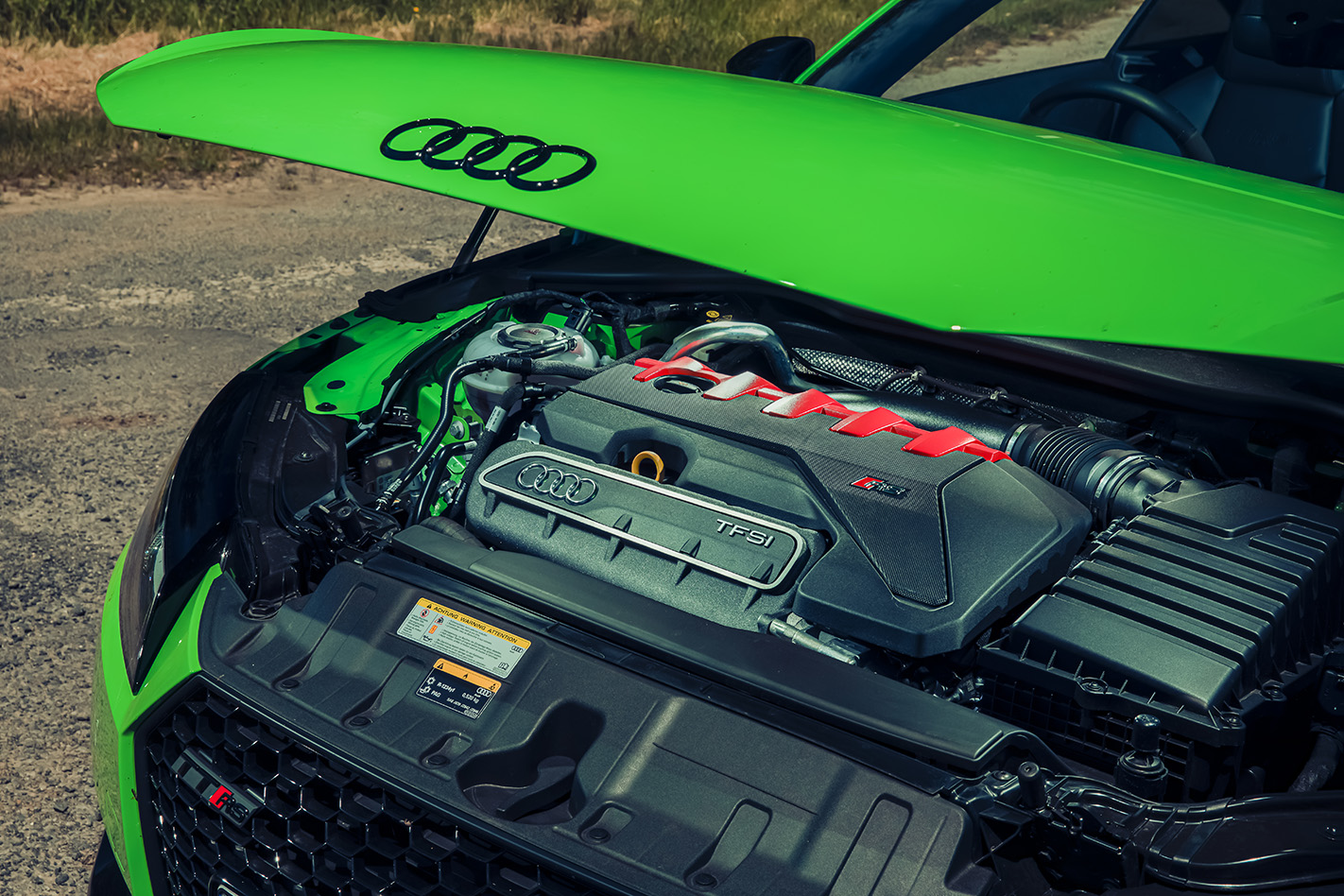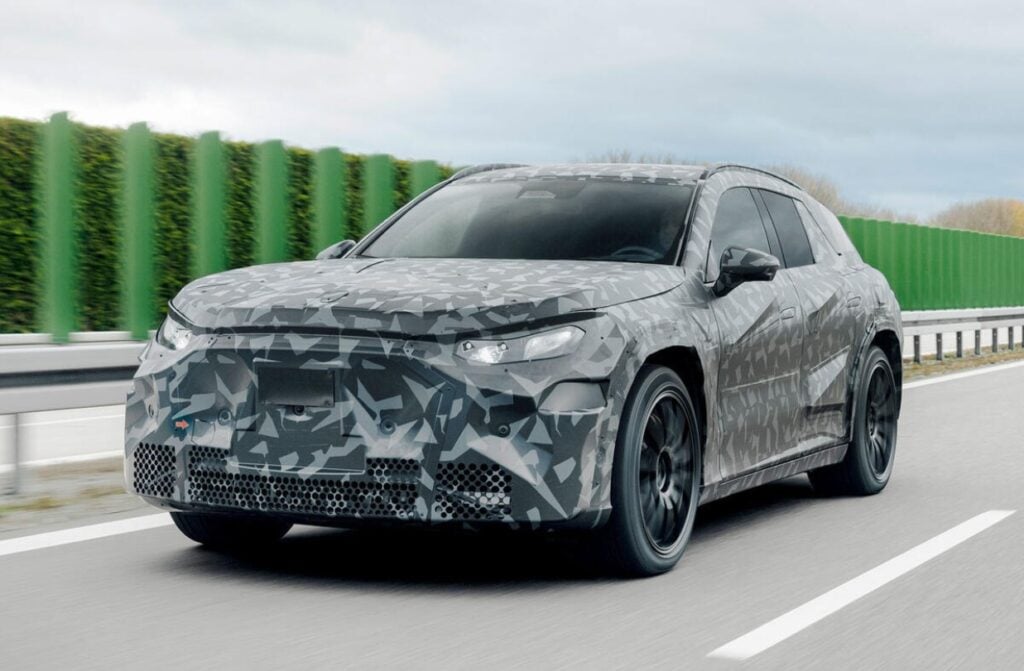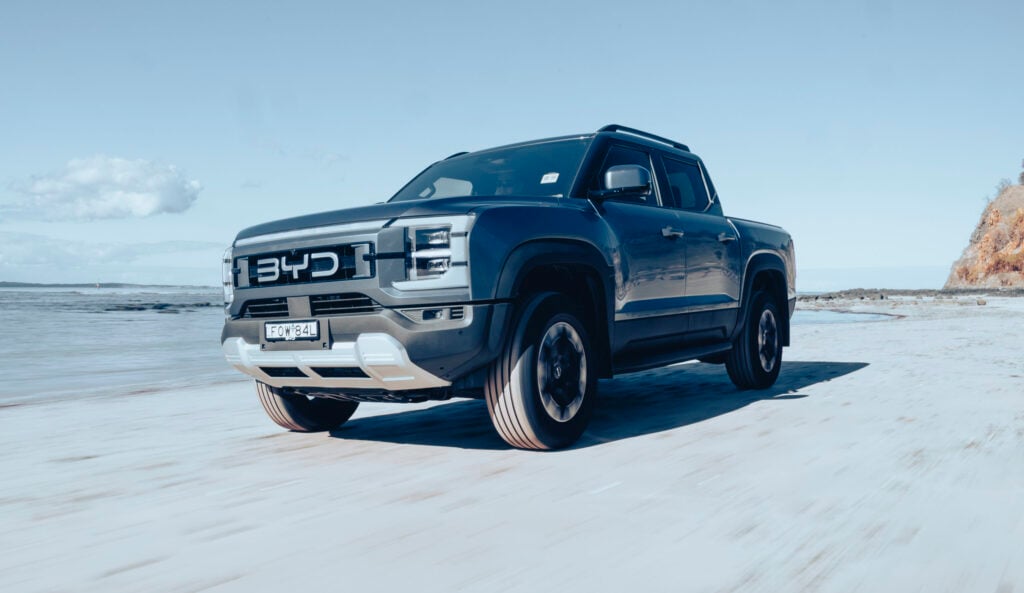Talking Points
- Audi to cease internal combustion engine R&D
- RS model sales are booming
- The end of the line for Audi’s iconic V10
Audi’s CEO Markus Duesmann announced last month that the company would cease research and development of ‘new’ internal combustion engines, though will continue to update its existing powerplant lineup.
Speaking to German news outlet Automobilewoche, he said “The EU plans for an even stricter Euro 7 emissions standard that is technically a huge challenge with little benefit for the environment at the same time. This extremely restricts the combustion engine.”
Audi confirmed it “will no longer develop a new internal combustion engine, but will adapt our existing internal combustion engines to new emission guidelines.” Audi has previously committed to offering 20 new electric models by 2025, but has yet to go all-in and commit to a similar strategy to Volvo, Jaguar and Bentley, who have all announced their intentions to go all-electric by 2030.
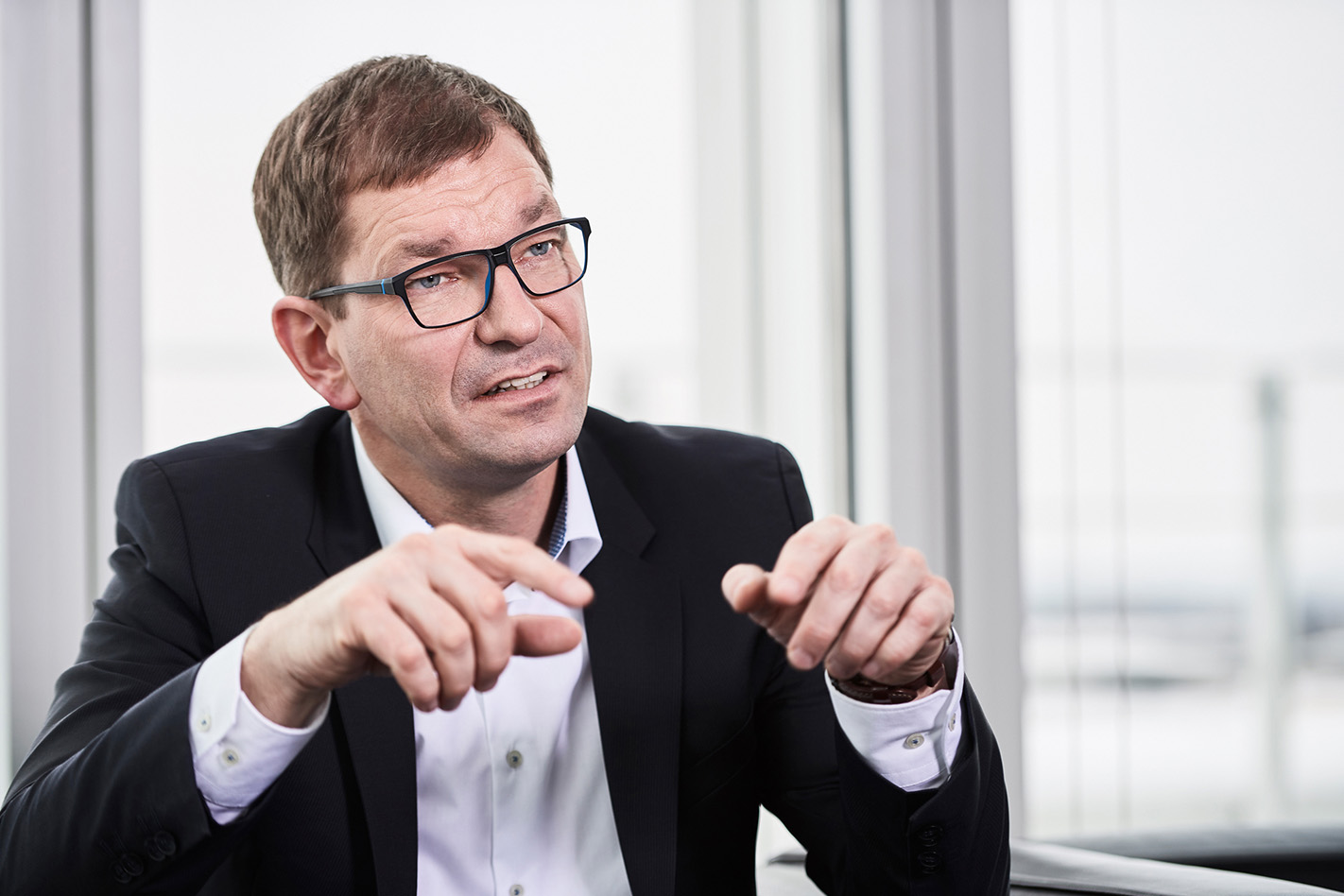
Despite the impending launch of its i4 Gran Coupe range, BMW hasn’t made any such commitment. In fact, BMW’s CEO Oliver Zipse is reported to have said that the Bavarian marque has no plans to stop developing internal combustion engines because “demand for ICE vehicles will remain robust for many years to come.”
Meanwhile Porsche is looking at a holistic strategy that aims to achieve a CO2-neutral balance sheet throughout the entire value chain in 2030. Weissach is banking on a partnership investment with Siemens Energy in wind powered synthetic fuel production to extend the life of the internal combustion engine. By contrast, Audi has targeted 2050 for net carbon neutrality across the business.
Ingolstadt’s stance sets the countdown clock on the last of the great V10 engines, as seen in the Audi R8 and, by extension, the Lamborghini Huracán, both engines built at Audi’s plant in Gyor, Hungary.
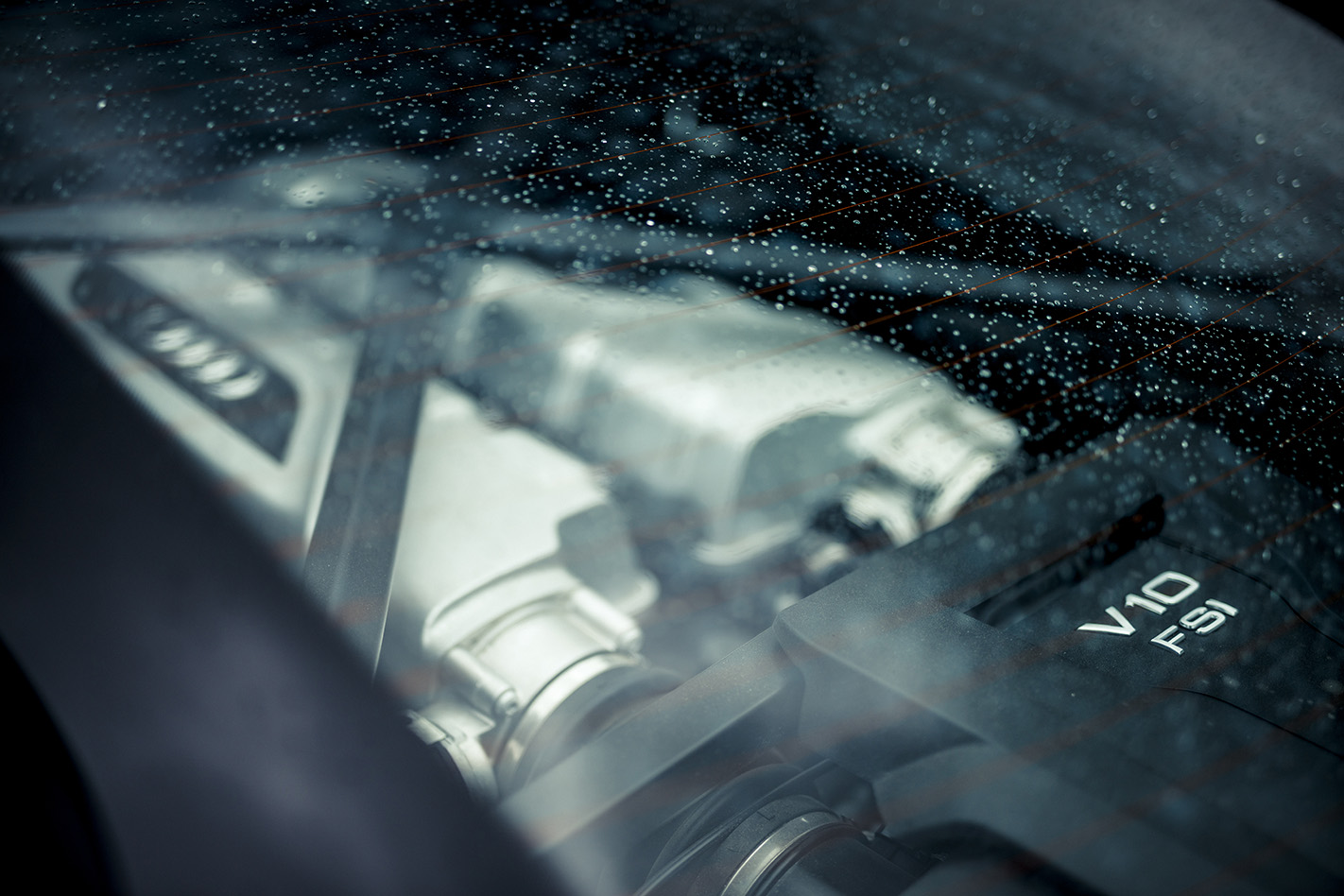
It also puts Audi in a bit of a quandary. Despite a three-stage product plan to electrification (mild hybrid/plug-in hybrid/full EV), it’s an unavoidable fact that, with 29,300 units delivered, 2020 marked the best ever sales year for S and RS models delivered, despite the coronavirus pandemic.
That’s a gain of more than 16 per cent on the previous year and, with 13 S and RS models on offer, Audi has its youngest and largest sporting portfolio ever.
With that level of success, it’s not surprising that despite the seemingly apocalyptic proclamation, Audi still plans to be selling around 60 to 70 per cent of its vehicles with a combustion engine in 2025.
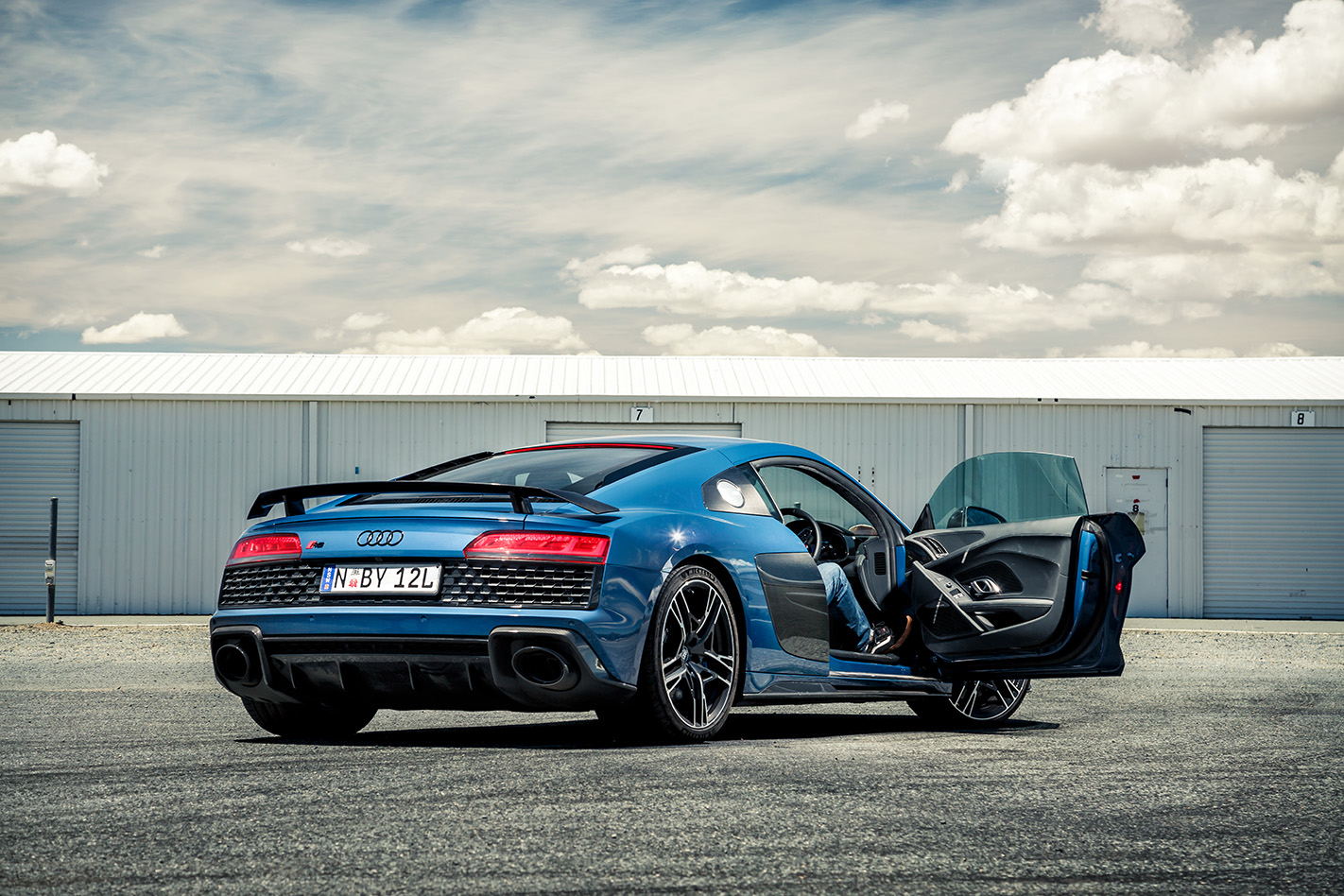
By then, the 5.2-litre FSI V10 will have been on sale for 16 years. It would have some way to go to equal that of the Rolls-Royce/Bentley L-Series V8 which notched up 61 years in production.
So while Audi might have drawn a veil over clean-sheet engine R&D, it’ll largely be up to the market to decide for how long the existing petrol performance engines continue.
We recommend
-
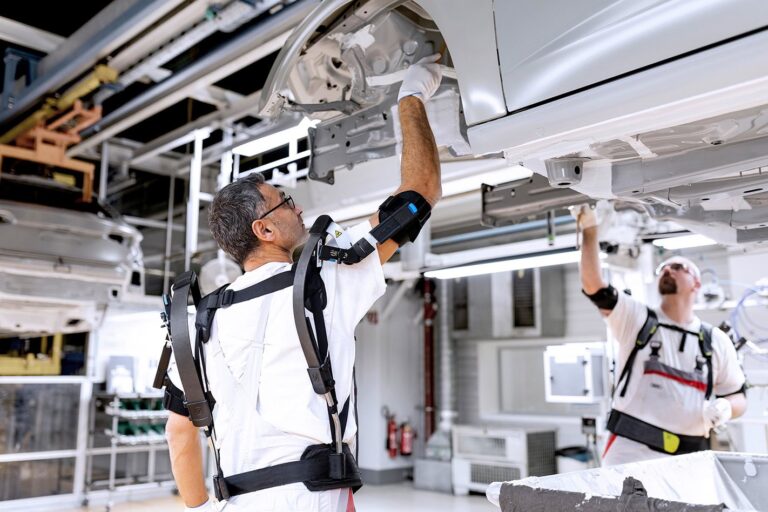 News
NewsMove over Iron Man. Audi workers get ultra-cool exoskeletons to build cars
New exoskeloten technology designed to make life easier for Audi factory workers
-
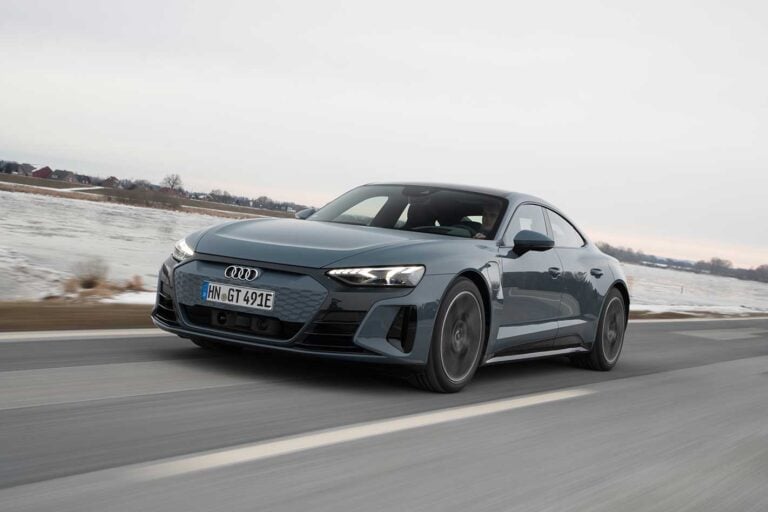 Reviews
Reviews2021 Audi e-Tron GT review
Sister car to the Taycan favours comfort over speed
-
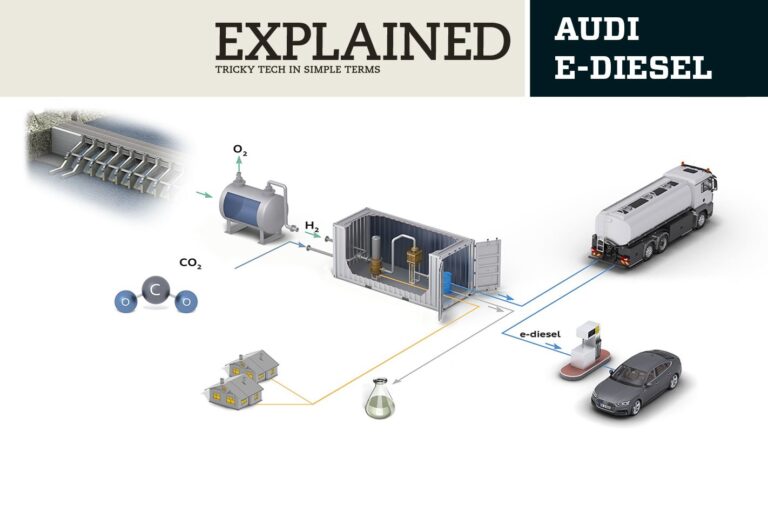 Features
FeaturesExplained: Audi E-Diesel
Audi is working on a fully synthetic fuel that could allow us to continue using our beloved combustion engines, as an alternative to impending electrification, but how does is it made?


